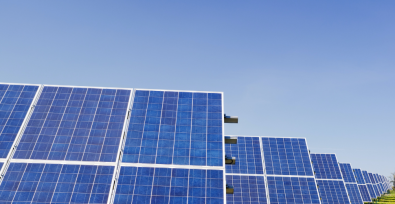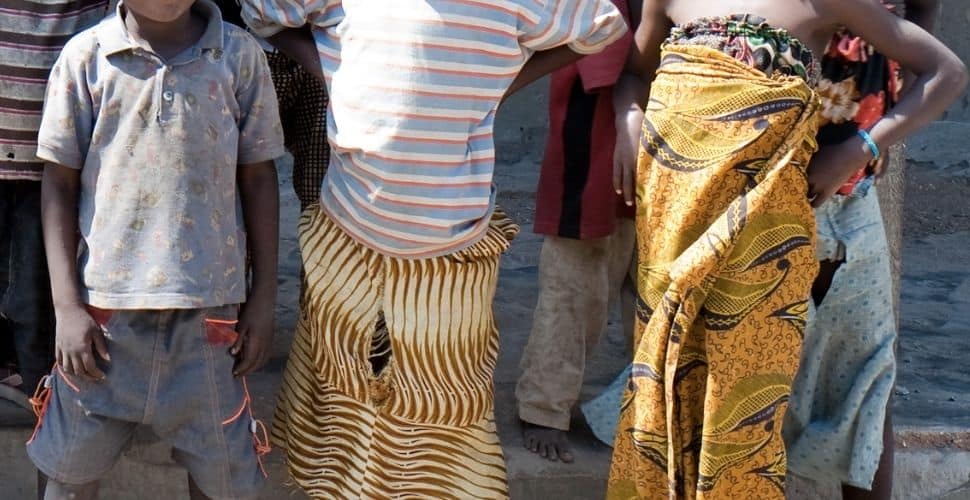Climate Home News reported that a U.N. climate resilience fund proposal was objected to by China due to documents mentioning the risk of forced labor being in the supply chain of solar panels. China currently dominates the production of silicon parts needed to build solar panels as well as their manufacture globally and has faced multiple accusations of using forced labor, particularly Uyghur forced labor, in their solar panel manufacturing supply chains.
Climate resiliency plans stained by forced labor risk
The Green Climate Fund (GCF) is the world’s largest climate fund whose aim is to support developing countries in achieving their goals for finding low-emissions, climate-resilient pathways to development. At a recent GCF meeting, China’s board representative Yingzhi Liu objected to six of the proposed projects due to their risk assessments highlighting the potential of forced labor use in the supply chain of solar panels mentioned in the proposal.
An article in Climate Home News cited:
“Concerns have focused particularly on the Xinjiang region, where the Chinese government has committed “serious human rights violations” against the Uyghur population, according to a UN report.”
The programs objected to included efforts to help communities in Sierra Leone, Benin, and Laos, identified as particularly vulnerable to cope with the impact of climate change. None of the proposals mentioned China by name, only referencing that the supply chain for solar panels included in the plan to help build resiliency was at risk of being tainted by forced labor. Despite the objections, the proposals did pass.
Solar panel market soaked in slavery
Chinese manufacturers have almost a total monopoly on the production of parts that form the core of solar cells, and they account for four-fifths of the manufacture of all the world’s solar panels. Xinjiang, under the spotlight in recent years as the location of Uyghur reeducation and labor camps, is the source of up to two-fifths of a key raw material, solar-grade polysilicon, needed in the solar panel supply chain.
In 2021, academics at Sheffield Hallam University said:
“…the biggest polysilicon producers in the (Xinjiang) region reported their participation in “labor transfer” programs administered “in an environment of unprecedented coercion.”
The Chinese government denies the use or existence of forced labor in any of its supply chains, claiming that Uyghurs are voluntarily employed in all manufacture and labor in the Uyghur region.
China’s forced labor practices don’t end there
Sadly, the forced labor of Uyghurs and other people from Turkic or mainly Muslim ethnic groups has become a significant part of the Chinese economy. Many labor brokers and local officials advertise this labor as “government-sponsored workers” online, attempting to mask the ugly truth. And it’s not just China who is making money off Uyghur forced labor, countless Western companies are also profiting from forced labor in their supply chains. Over 20 percent of the global apparel’s cotton supply is grown in Uyghur Region, with 84 percent of China’s supply grown in the Xinjiang province. Recent reports implicate at least 83 companies in numerous different industries profiting from the forced labor of Uyghurs. Stand with Freedom United and urge the Chinese government to end the persecution and exploitation of Uyghurs and other marginalized groups through the use of forced labor in solar panels, cotton, and anywhere it’s found. Join the campaign by signing the petition today!







Freedom United is interested in hearing from our community and welcomes relevant, informed comments, advice, and insights that advance the conversation around our campaigns and advocacy. We value inclusivity and respect within our community. To be approved, your comments should be civil.